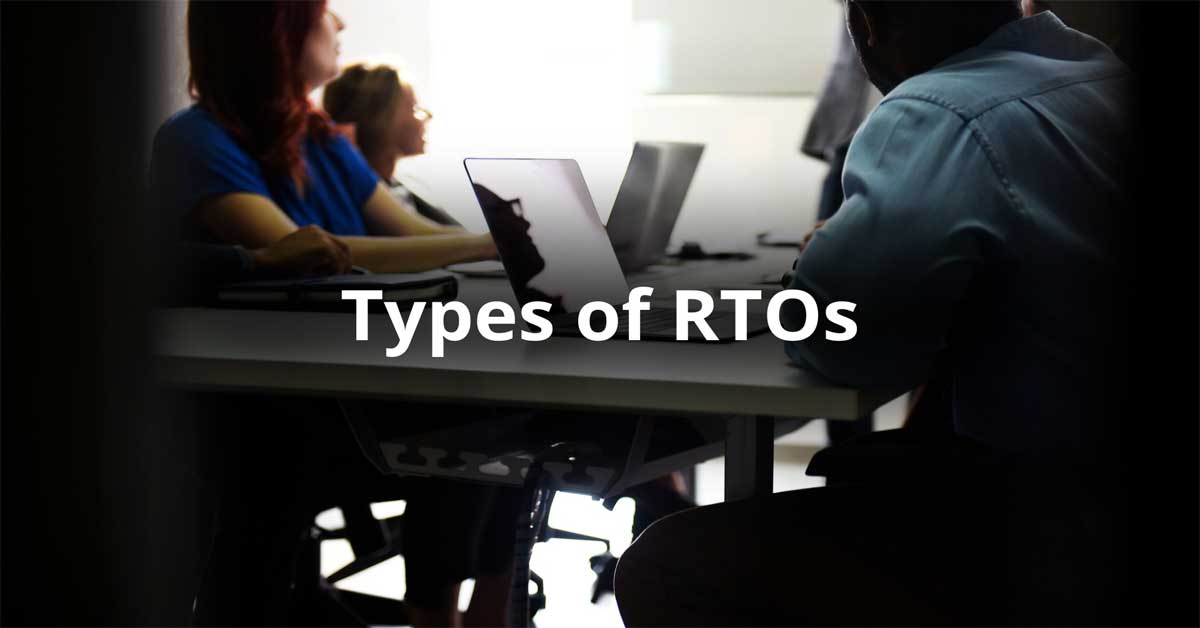In the dynamic landscape of education and professional development, Registered Training Organizations (RTOs) play a pivotal role in shaping the skills and competencies of individuals. To comprehend the diverse offerings in this field, it is essential to understand the three distinct types of RTOs that cater to various educational and vocational needs.
- Enterprise-Based RTOs: Enterprise-based RTOs are affiliated with specific businesses or organizations, delivering training programs tailored to their unique needs. These RTOs often operate within the confines of the employing enterprise, offering training programs designed to enhance the skills of the workforce. Enterprise-based RTOs are particularly beneficial for companies seeking to address specific skill gaps within their teams and tailor training to meet industry-specific requirements.
- Community-Based RTOs: Community-based RTOs serve the broader community by providing vocational training programs to individuals seeking to upskill or enter a particular industry. These organizations often collaborate with local businesses and community groups to design courses that align with regional employment needs. Community-based RTOs contribute significantly to the overall development of local communities by fostering education and skills enhancement.
- TAFE and Higher Education RTOs: Technical and Further Education (TAFE) institutions and higher education RTOs offer a comprehensive range of vocational education and training programs. These RTOs operate at a higher education level, providing diploma, advanced diploma, and degree-level qualifications. TAFE and higher education RTOs are well-suited for individuals aspiring to achieve formal qualifications and advanced skills in various fields, from healthcare to technology.
Applications of RTOs:
- Enterprise RTOs: Ideal for businesses aiming to provide customized training solutions for their workforce.
- Community RTOs: Geared towards individuals seeking accessible vocational training within their local communities.
- TAFE and Higher Education RTOs: Suited for those pursuing formal qualifications and advanced skills in a structured academic setting.
Frequently Asked Questions (FAQs):
Q1: Can individuals enroll directly in enterprise-based RTOs, or are these programs exclusively for employees of specific organizations?
A1: While enterprise-based RTOs primarily serve employees of the affiliated organization, some programs may be open to external candidates. It’s advisable to check with the specific RTO for enrollment eligibility.
Q2: How do community-based RTOs differ from traditional colleges or universities?
A2: Community-based RTOs focus on delivering practical, industry-relevant skills in a community-centric context. They often collaborate with local businesses to align training programs with regional employment needs.
Q3: What distinguishes TAFE and higher education RTOs from other types?
A3: TAFE and higher education RTOs offer a more formalized education structure, providing diploma, advanced diploma, and degree-level qualifications. These institutions are geared towards individuals seeking a higher academic level of training and education.
In conclusion, understanding the three types of Registered Training Organizations empowers individuals and businesses to make informed choices based on their specific educational and vocational needs. Whether pursuing industry-specific skills within a business setting, seeking community-centric training, or aspiring to attain higher education qualifications, the diverse landscape of RTOs offers a pathway for every learner.
This page was last edited on 9 January 2024, at 6:15 pm
How can we help you?
























